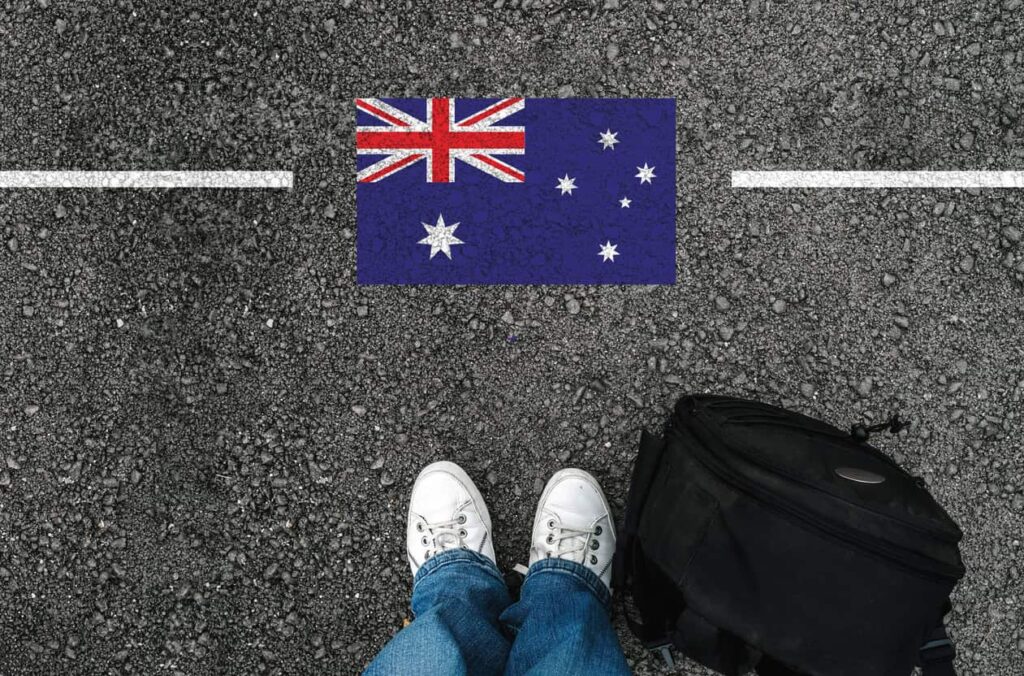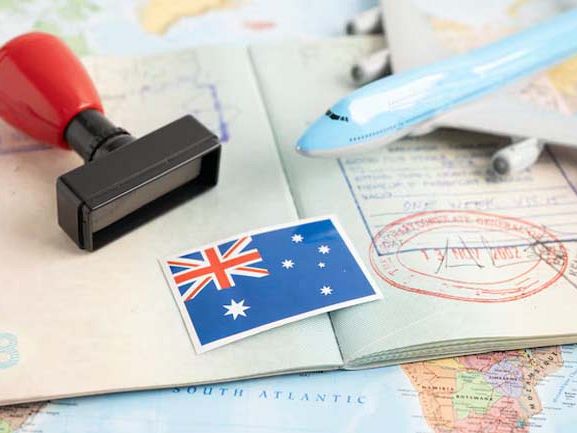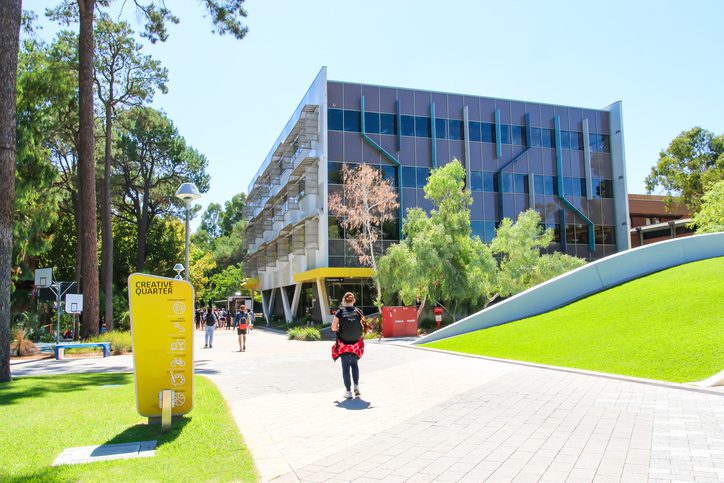Visa Applications Fall as Australia Tightens Integrity Rules

Changes in Australia’s Student Visa Landscape
At the recent 2025 Melbourne conference hosted by the ECAA, Matthew Noble, Assistant Secretary for Temporary Visas at the Department of Home Affairs, shared insights on how shifting policies and demand are reshaping Australia’s international education sector.
Decrease in Student Visa Applications
In 2024-25, student visa applications dropped to around 427,000, a sharp decline from nearly 600,000 the year before. The refusal rate hovers around 18%, a slight improvement from the previous year. Notably, applications for Vocational Education and Training (VET) and English Language Intensive Courses for Overseas Students (ELICOS) fell significantly, while enrolments in higher education have seen a slight increase over pre-pandemic figures.
Top Source Countries
The top countries for student visa applications remain mostly unchanged, with China, India, and Nepal leading the pack. Pakistan has now dropped out of the top 10, replaced by Bangladesh.
Processing Times and Policies
Offshore visa applications generally take about 25 days to decide, but the Department is currently tackling a backlog of onshore applications. As of 31 July, around 67,000 applications in Australia were still awaiting a decision, down from over 100,000 the previous year. However, the median processing time remains lengthy at 153 days.
Impact of Policy Changes
Recently implemented policy changes have notably impacted the education landscape. As of July 2025, the visa application fee increased to AUD $2,000, affecting shorter-term and less expensive study options. Planning levels for 2025-26 have been set at 295,000, reflecting a 9.3% increase. “Priority one” education providers facing lower planning allocations are receiving faster turnaround times of one to four weeks, whereas others might experience longer waits of five to eight weeks.
Genuine Student Requirement
A key change is the introduction of the Genuine Student (GS) requirement, replacing the previous Genuine Temporary Entrant (GTE) test. This new criterion has become a major reason for application refusals. Applicants must demonstrate that studying is their primary objective, with common refusal reasons including vague claims, poor academic progress, course downgrading, and insufficient financial proof.
“Strong, evidence-backed GS statements and credible financial documentation remain at the core of approvals,” said Noble.
Noble highlighted the necessity for decision-ready applications, urging education providers and agents to meticulously examine submissions. He cautioned that any fraudulent claims could undermine confidence in the system.
Implications for International Students
Despite concerns from ELICOS providers regarding rising fees and refusal rates, Noble reassured stakeholders that studying English still offers a valuable pathway to education in Australia. For those considering studying in Australia or exploring visa sponsorship options, staying informed about these changes can improve your chances of a successful application.
What do you think?
Have a question about this topic or your own plans to move to Australia? Scroll down and leave a comment. We’d love to hear from you.
Thinking about moving to Australia?
Join our free and supportive community at Oz Visa Forum.
Post in our forums to get advice and support from people who’ve already made the move.
Not sure where to start? Click here to get started






Responses